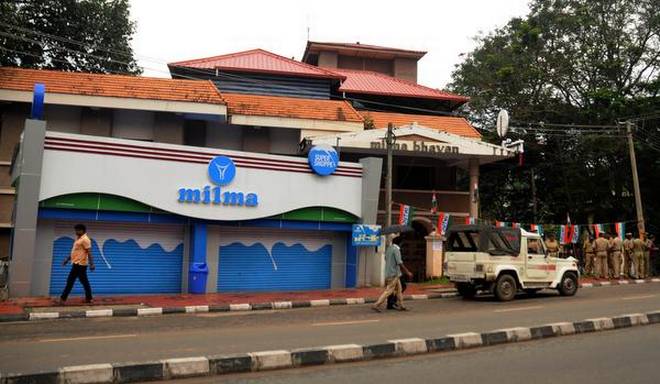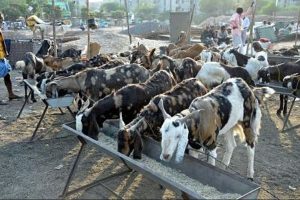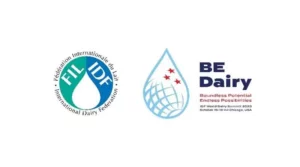
The Kerala Cooperative Milk Marketing Federation (Milma) has suspended the evening collection of milk from the milk societies in its Malabar region from Tuesday onwards and has restricted the daily collection to 60% of what it is now.
The decision comes after reports that more than 3 lakhs litres of milk is excess in Malabar Region alone every day as a result of the COVID-19 lockdown. With fewer restaurants and other commercial ventures functioning and the public unable to go out and purchase milk as usual, Milma is facing a crisis as never before. While the sale is minimal, there is considerable increase in the supply of milk, with more people venturing into dairy farming during the first lockdown.
Conversion into milk powder
Milma used to collect all the available milk even though it did not have the capacity for its full storage. The excess milk was sent to private factories in Tamil Nadu to convert it into milk powder for storage.
Milma continued the process despite it being non-profitable for the federation so as to support the dairy farmers in the State. However, Milma is now unable to send the excess milk to Tamil Nadu due to the lockdown, hence the cut in milk collection.
Chairman of Milma Malabar Union K.S. Mani said in a press release that the situation could return to normal once the lockdown is lifted and Milma is again able to send milk to Tamil Nadu. In view of this scenario, he requested the cooperation of milk societies and dairy farmers.

















